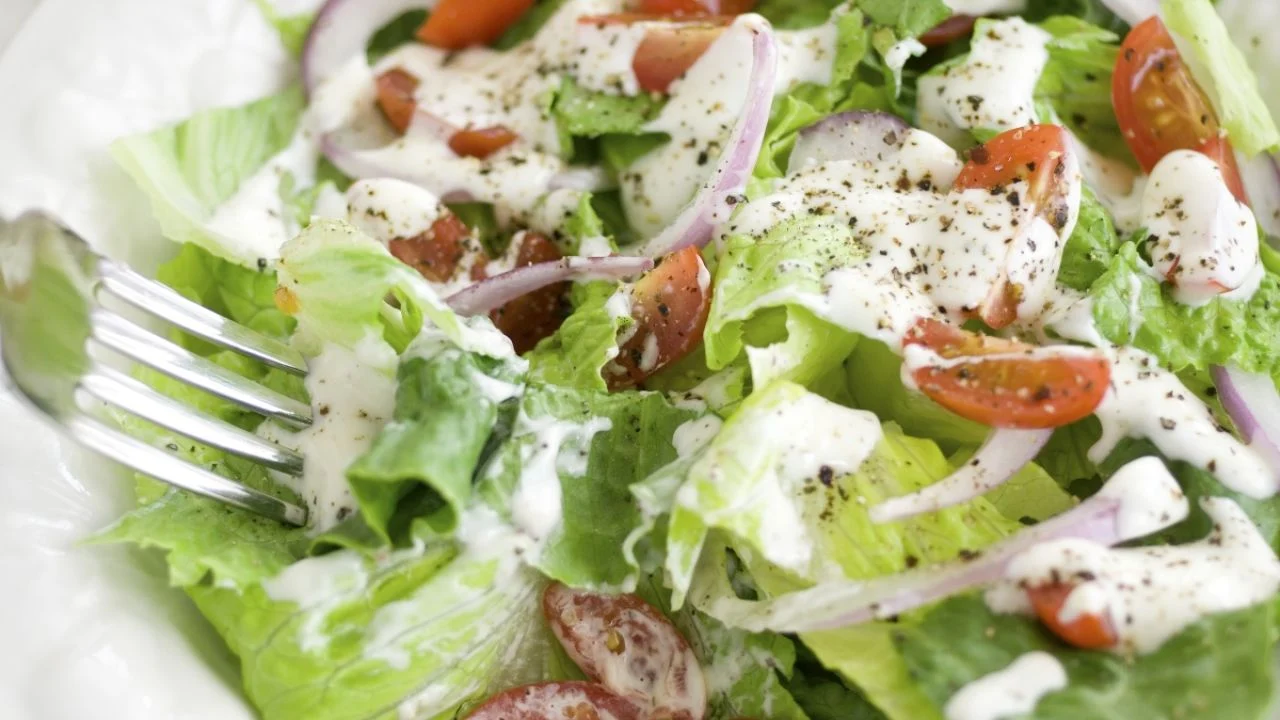...
2025-08-15 18:26
1098
However, China's Tio2 pigment industry is not without challenges
...
2025-08-15 18:19
398
...
2025-08-15 17:43
2274
...
2025-08-15 17:32
1644
...
2025-08-15 17:24
297
...
2025-08-15 16:55
2508
...
2025-08-15 16:49
1959
...
2025-08-15 16:36
831
...
2025-08-15 16:26
1353
...
2025-08-15 16:18
346
